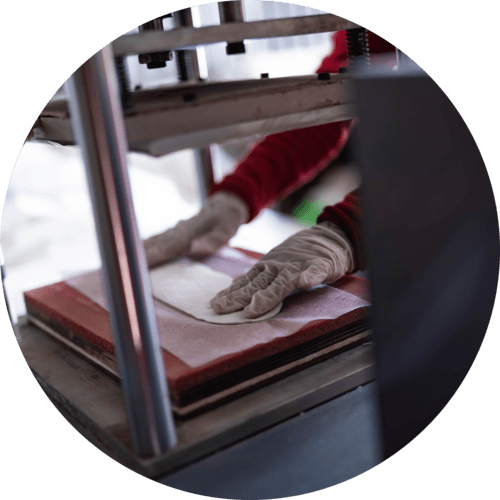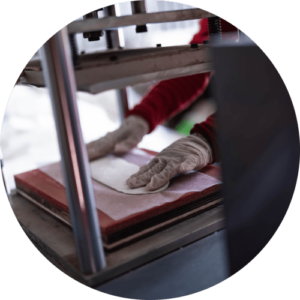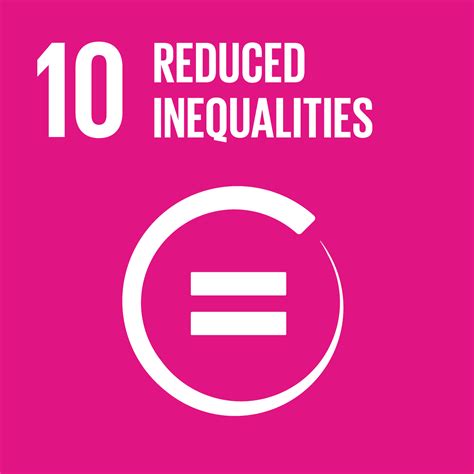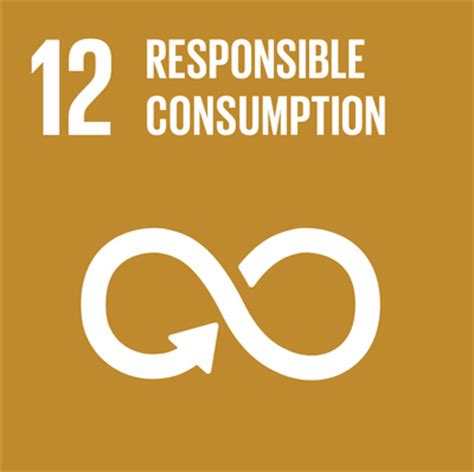89%
of Nepali women report suffering from menstrual discrimination and restrictions.
up to 22%
of Nepali girls miss school due to their menstruation.
90%
of all pads used in Nepal end up in the environment.
Our Impact

Increased freedom for women:
Access to sanitary products improves women’s social, educational, and workforce participation

Economic Empowerment:
Creating green jobs for disadvantaged Nepalese women

Reduction of environmental impact:
Providing a plastic-free, compostable alternative

Improved women’s health:
Promoting the use of menstrual pads as a replacement for unhygienic alternatives

Growing awareness of menstruation:
Through educational campaigns about menstruation

Reducing the stigma of menstruation:
Through open discussions and education
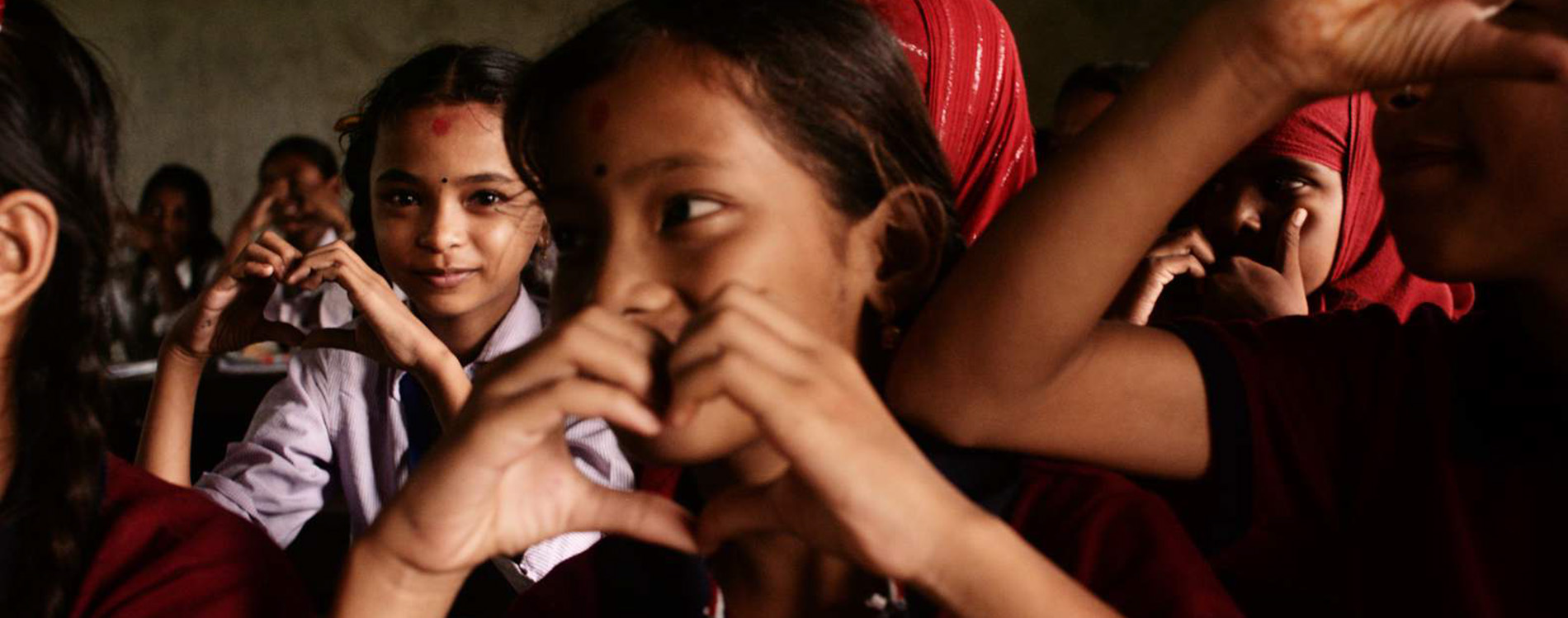
What Happened so Far?
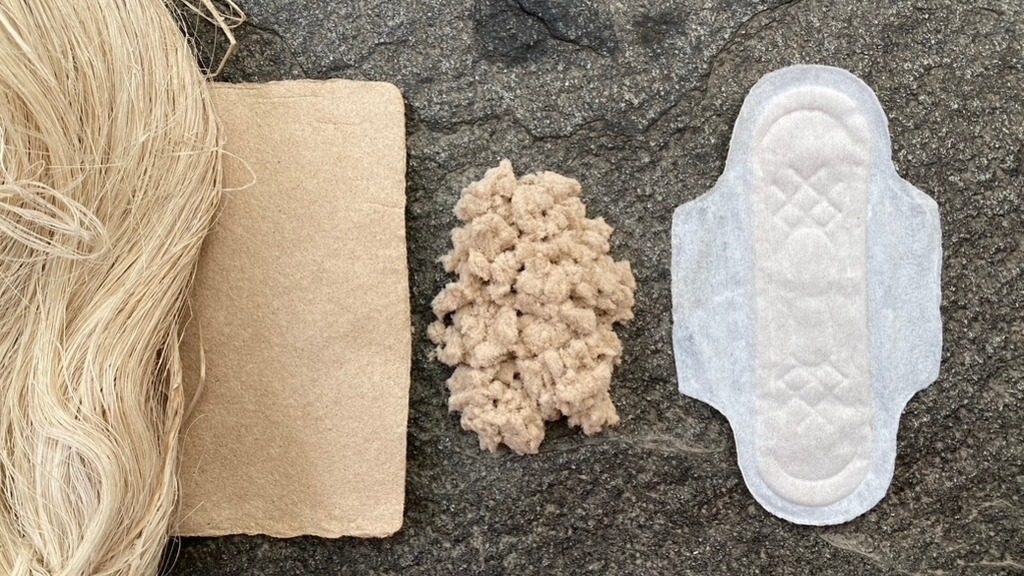
Ongoing prototyping
Our journey began with the creation of the first Parsa pad prototype, marking the inception of our innovative banana fibre menstrual products.
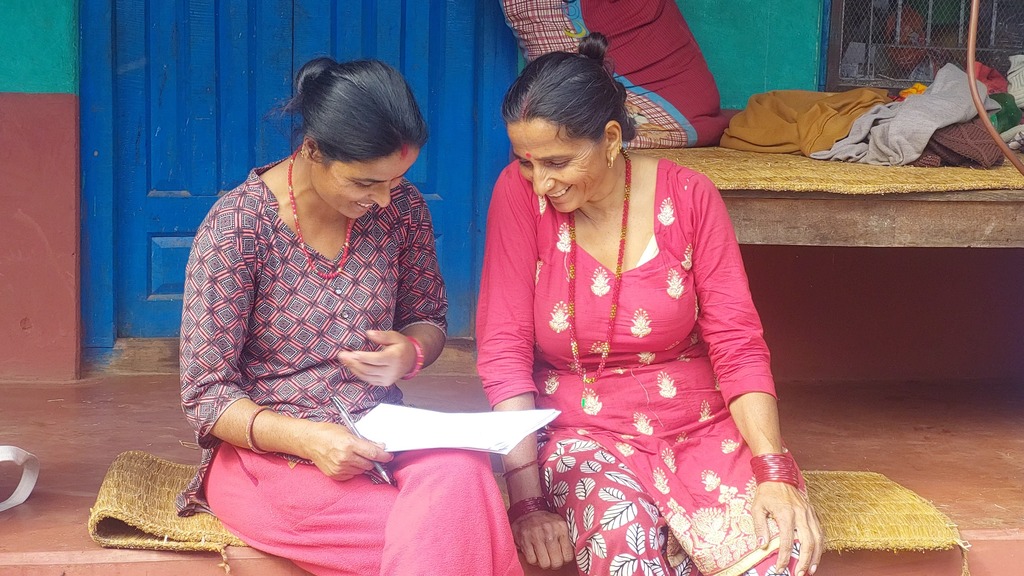
Community consultations
We conducted 840 face-to-face interviews with women and girls in 14 districts of Nepal to gain insights into their menstrual experiences, product availability, and expectations regarding menstrual pads.
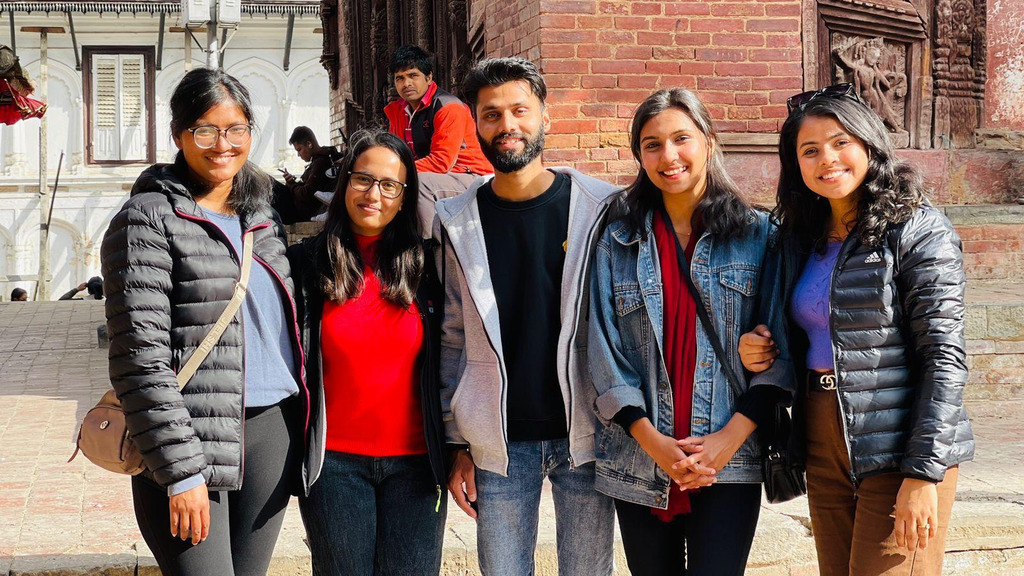
Foundation of Sparśa
The birth of Sparśa, our women and community-led Social Business dedicated to producing sustainable menstrual pads and promoting menstrual awareness.
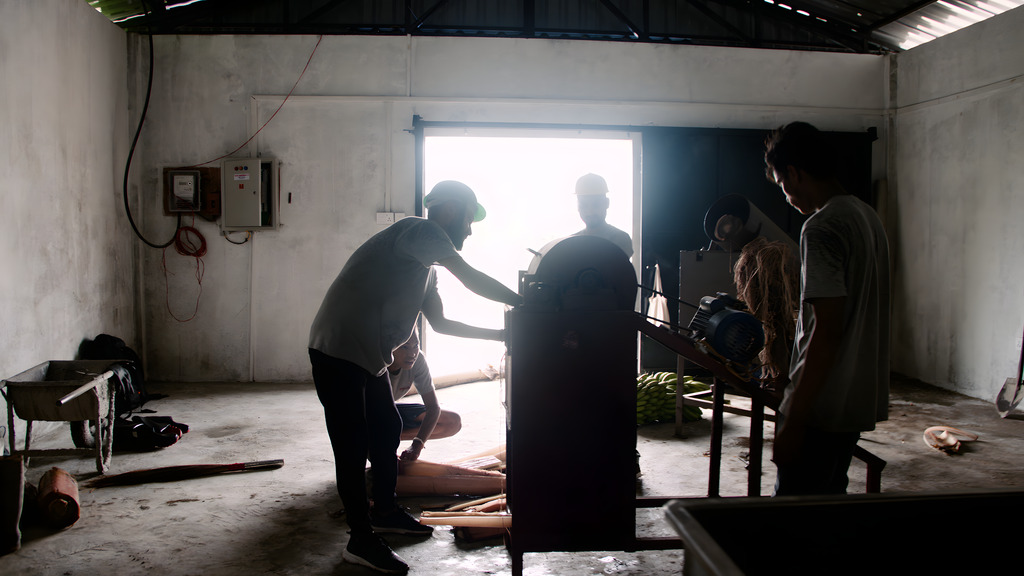
Opening of the banana fibre factory
We inaugurated our banana fibre extracting and processing site in Tribeni, where the primary ressource for our pads is produced.
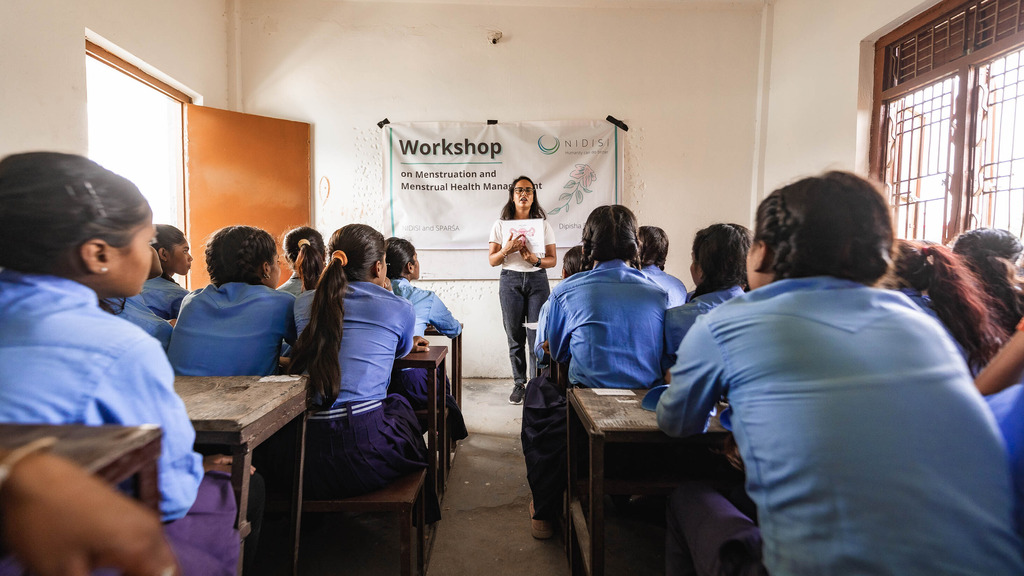
Awareness campaigns (8000+ participants)
We inaugurated our banana fibre extracting and processing site in Tribeni, where the primary ressource for our pads is produced.
Our Next Steps
- Opening of the Sparśa pad factory in Bharatpur
- Launch of awareness campaigns through the Sparśa Ambassador Program
- Creation of 10 green jobs for disadvantaged Nepali women
- Annual supply of Sparśa pads for 3,200 women and girls
- Achievement of financial self-sustainability of the Sparśa Social Business
Our Vision
Sparśa is a pilot model that, from the beginning, was designed to be replicated. Although we act locally, we think globally.
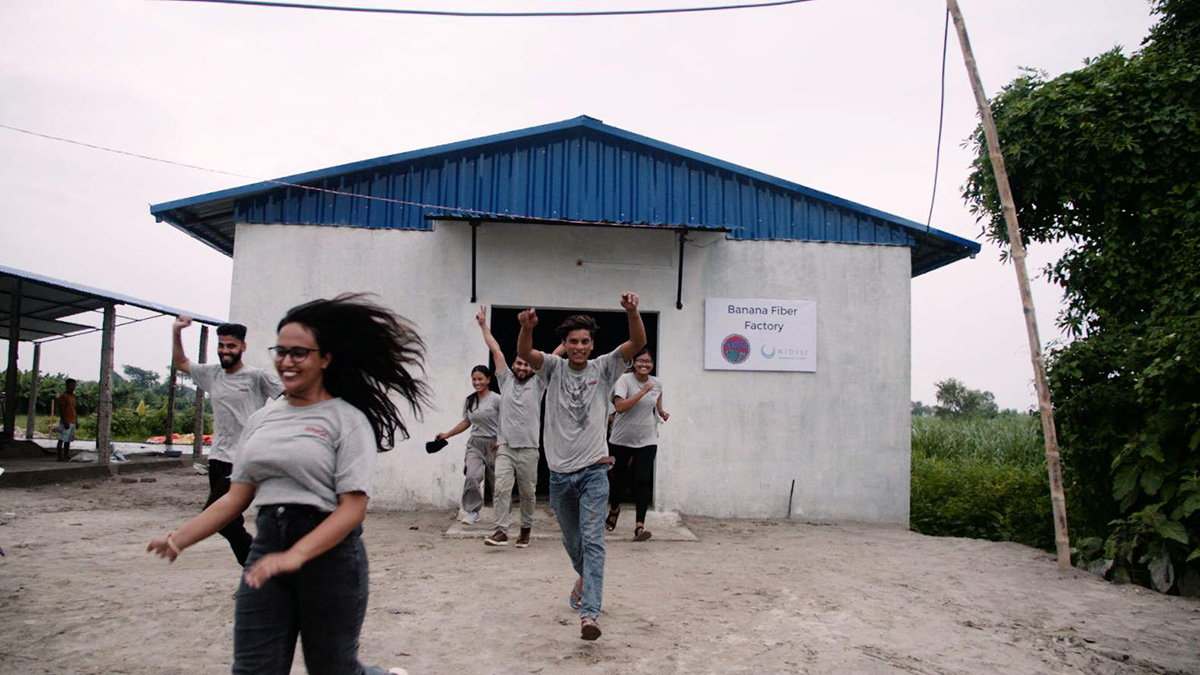
In Nepal:
Replication of the Project
Once the pilot project achieves financial self-sustainability, we will replicate our model in other Nepali communities, as the market is highly undersupplied. Here, we will prioritise districts, where pad accessibility and education on menstruation are the lowest according to our research.
Beyond Nepal´s borders:
The Sparśa Blueprint
Sparśa serves as a replicable blueprint for NGOs across the Global South. Our project goes beyond banana fibres; with the LGP2 Lab (Grenoble INP-Pagora Institute) and Prakash Lab (Stanford University) we will adapt the processes for various fibre plants. This enables replication in diverse climates, potentially benefiting millions of women in LMICs.
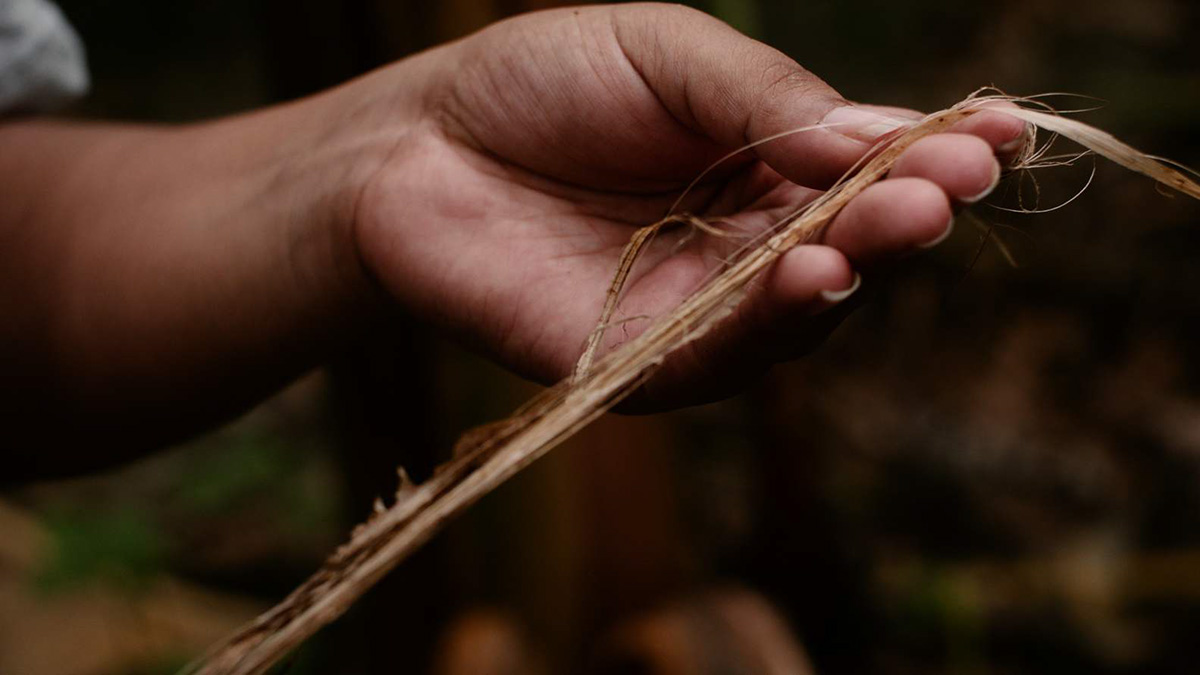
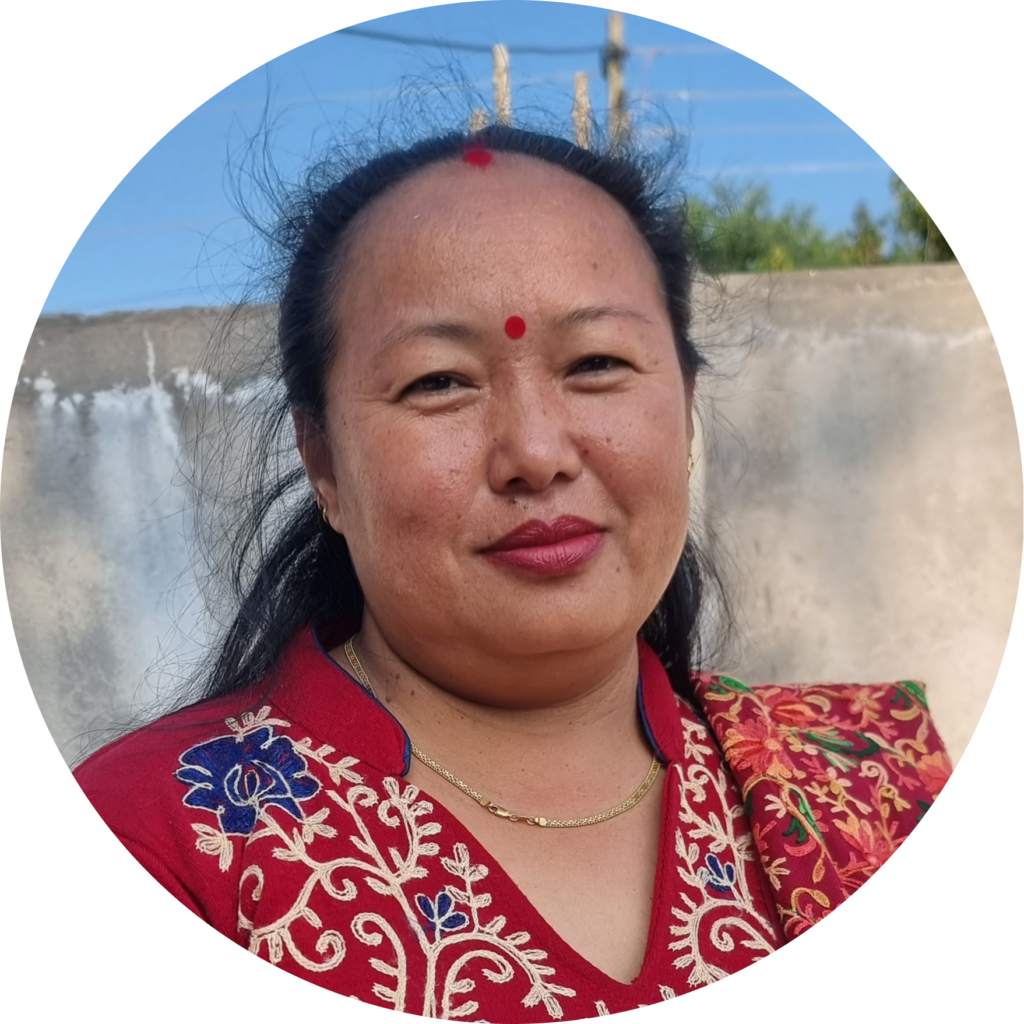
Ramba Shah
Community member
“We recently learned more about menstrual health through the awareness workshops organised in Susta. We also didn’t know that the sanitary pads we have been using are causing so much harm to the environment. We are very happy that we will now be able to have affordable, hygienic sanitary pads that will be produced from our local banana trees. This kind of project plays a vital role in minimising the stigma that we have in Nepal.”
“Most of our community depends on banana farming for their living. But we never knew that the banana trunk could be used for various purposes. We were having a hard time managing the useless post-harvest banana trunks. The community is now becoming optimistic about banana farming. Young people are also more interested in farming. Some are getting employment at the fibre factory, too. They are seeing the future in it. This is something we really need to help the community’s livelihood. We also get to learn more about banana trees. We are very happy that banana fibre can be used for such a valuable product as a sanitary pad, and we are a big part of it.”
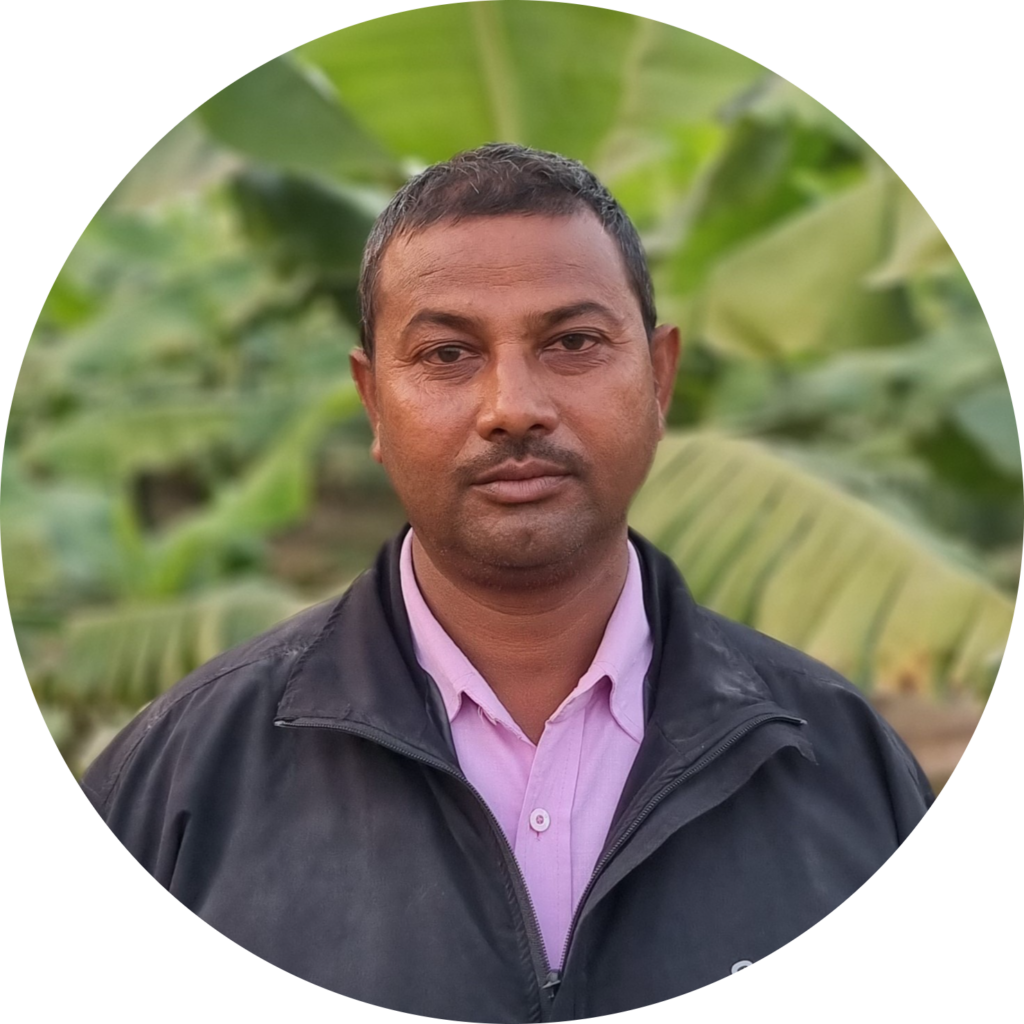
Din Kurmi
Banana farmer

